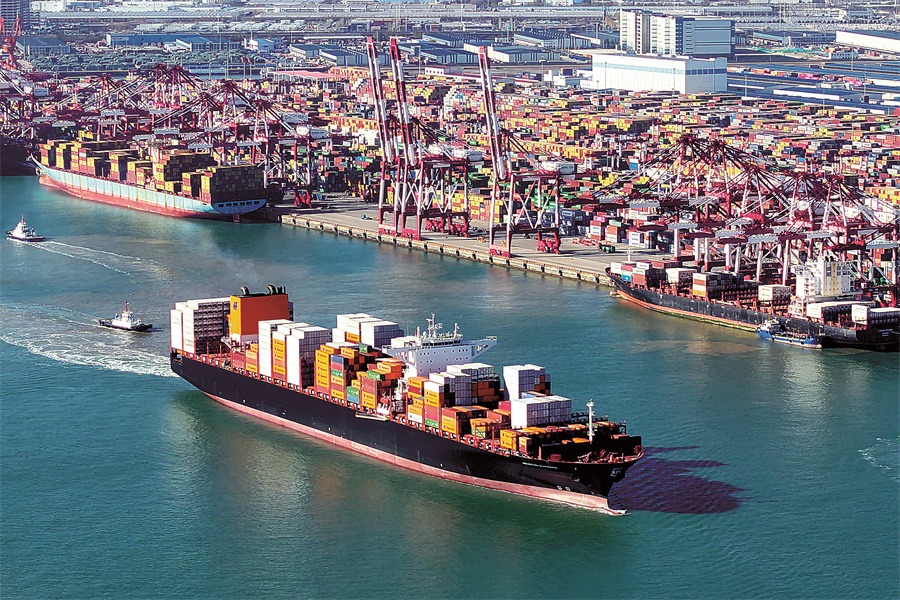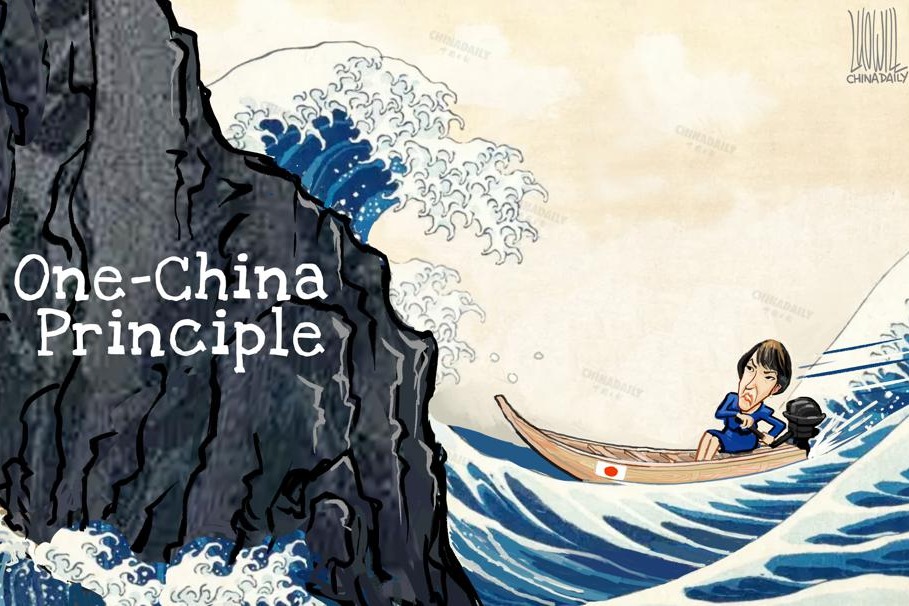HK courts cannot declare local legislation to be unconstitutional


Many judges and lawyers believe that in judicial review cases, judges can invalidate and declare certain local legislation and sub-legislation to be unconstitutional by making reference to the Basic Law. For example, in the judgment of HCAL2945/2019 and HCAL2949/2019 ([2019] HKCFI 2820) on Nov 18, some provisions of Section 2(1) of the Emergency Regulations Ordinance (Cap 241), which authorizes the Chief Executive in Council, in times of public danger, to make any regulations in the public interest, were said to be unconstitutional and void.
I believe that the idea that the Court of Final Appeal — let alone lower courts — can possess such a power is actually a misconception. I will explain this by making four key points:
Under this unification principle, the finality of the Basic Law interpretation in both Hong Kong and the mainland is vital. If it is not final, it may not be concluded as being absolutely correct. Based on incorrect interpretations, regional legislation or sub-legislation shall not be invalidated or declared unconstitutional, as this may create a legal vacuum that could jeopardize the stability of our society.First, Article 158 of the Basic Law does not authorize the courts of the HKSAR, including the Court of Final Appeal, to make a final interpretation of this law, for the power has been vested in the Standing Committee of the National People’s Congress (NPCSC). The NPCSC’s interpretation is final and the most authoritative for all provisions of this law, whether they concern affairs of responsibility of the central government, or affairs in the relationship between the central authorities and the SAR, or affairs within the limits of the autonomy of the SAR. This is because the Basic Law is a national law that has to be accepted as uniform all over China, with no exceptions even for provisions concerning affairs within the limits of regional autonomy.
Second, as opposed to other common law jurisdictions where powers of final adjudication and final interpretation of the Constitution or constitutional laws are always combined together and exercised by the highest courts, Hong Kong’s situation differs despite it being regarded as a similar common-law jurisdiction. The power of final adjudication in the SAR’s judicial system and the power of a final interpretation of the Basic Law are clearly separated. The former is delegated to the Court of Final Appeal, while the latter is vested with the NPCSC. Respecting their differences, one can understand why the regional courts, even the Court of Final Appeal, may not declare local legislation or sub-legislation to be unconstitutional and repeal them by making reference to the Basic Law.
Third, as to the question as to whether this logic may or may not apply to the Hong Kong Bill of Rights Ordinance (HKBORO) (Cap 383) similarly, it depends firstly on the legal status of this ordinance, and secondly on the relationship between this ordinance and the International Covenant on Civil and Political Rights (ICCPR). Both issues are, as illustrated, follows:
Before 1997, judges could interpret the HKBORO to decide whether other legislation or sub-legislation were violating the former as this ordinance had acquired a higher status than other ordinances as conferred by the Letter Patent and provided for in this ordinance as well. But the situation changed after 1997; the Letter Patent had been repealed by the British Parliament. Moreover, provisions relating to the interpretation and application of this ordinance in Section 2(3), the effect of pre-existing legislation in Section 3 and the interpretation of subsequent legislation in Section 4 of the HKBORO were considered in contravention of the Basic Law. They were therefore not adopted as laws of the HKSAR by the NPCSC’s decision on Feb 23, 1997. This meant this ordinance had, after 1997, the same status as other ordinances and was no longer considered a higher law or used as a standard to invalidate other ordinances.
Furthermore, the HKBORO had once been regarded as the domestic transformation of the international law, the ICCPR. In common law practice, judges may interpret the former as local legislation but not the latter as an international law subject to interpretation by the national government. The phrases used in both documents are almost the same, as a result of which, judges may not interpret the same wording of HKBORO with ICCPR. Otherwise, judges will have usurped their powers to interpret the ICCPR — the treaty that is not allowed in the common law of the Region and contravenes Article 39 of the Basic Law subjected to final interpretation of the NPCSC.
Fourth, I have looked for provisions in the Basic Law that agree or disagree with my point. Many supporting provisions can be found, but opposing ones are hard to locate. For example, Article 11(1) of the Basic Law requires the system to safeguard the judicial system shall be based on provisions of this law, but no provision on exercising constitutional judicial review to revoke legislation or sub-legislation can be discovered. Article 11(2) stipulates that no Hong Kong legislation shall contravene the Basic Law, but without implying such a function being rested upon judiciary. Article 160(1) confirms any contravening laws shall be amended or cease to have any force according to procedure as prescribed by this law, again without mentioning the judiciary. Article 83 requires the structure, powers and functions of Hong Kong courts at all level shall be prescribed by law, but no such a prescription exists, prescribing a constitutional judicial review to annul legislation or sub-legislation as a judicial functions.
In addition to Article 158, all related provisions of the Basic Law led me to believe that a constitutional judicial review to repeal local legislation and sub-legislation by way of local judges interpreting the Basic Law and the HKBORO after 1997 will not mean a proper interpretation of the Basic Law.

































